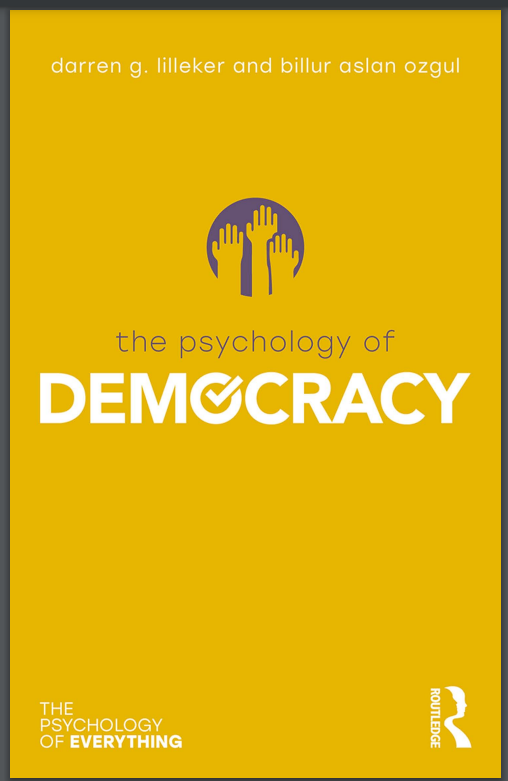
The Psychology of Democracy
Private Book Reader
Access your private PDF books securely. Upload and enjoy reading your personal collection anytime.
Read Your Private BookShort Audio Book Summary
The Psychology of Democracy Summary
0:00 / 0:00Reviews
No review yet. Be the first to review this book!
Description
"The Psychology of Democracy" by Fathali M. Moghaddam explores the intersection of psychology and politics, specifically focusing on how psychological principles influence democratic systems and vice versa. Here's a brief summary: 1. **Foundations of Democracy**: Moghaddam delves into the foundational principles of democracy, such as freedom, equality, and participation. He examines how these concepts align with psychological needs and motivations, such as autonomy, belongingness, and competence. 2. **Group Dynamics**: Democracy operates within the context of groups and societies. Moghaddam explores how group dynamics, such as conformity, social identity, and intergroup relations, shape democratic processes. He discusses how group polarization, social influence, and ingroup favoritism can impact political behavior and decision-making within democratic systems. 3. **Political Leadership**: The book examines the role of political leaders in democracies and how their personalities, communication styles, and decision-making processes influence public opinion and political outcomes. Moghaddam discusses the psychological mechanisms behind charismatic leadership, political rhetoric, and the dynamics of power in democratic societies. 4. **Social Change and Conflict Resolution**: Democracies are often characterized by social change and conflict. Moghaddam explores the psychological dynamics underlying social movements, protest behavior, and conflict resolution processes within democratic systems. He discusses the role of empathy, negotiation, and reconciliation in fostering social cohesion and democratic stability. 5. **Challenges to Democracy**: Lastly, Moghaddam addresses the psychological challenges facing democracies, such as authoritarianism, populism, and polarization. He examines how psychological factors such as fear, prejudice, and misinformation can undermine democratic values and institutions. Additionally, he explores strategies for promoting democratic resilience and fostering a more inclusive and participatory political culture. Overall, "The Psychology of Democracy" provides a comprehensive analysis of the psychological underpinnings of democratic systems and offers insights into how psychology can inform our understanding of political behavior and governance.























.jpg)



.jpeg)


.jpeg)







.jpg)
.jpg)









.jpeg)


.jpg)



.jpg)


.png)
.jpeg)




.jpg)





.jpg)













.jpeg)







.jpg)




.jpg)
.jpg)
.jpg)
.jpg)
.jpg)
.jpg)
.jpg)
.jpg)
.jpg)
.jpg)
.jpg)
.jpg)
.jpg)
.jpg)
.jpg)
.jpg)
.jpg)
.jpg)
.jpg)
.jpg)
.jpg)
.png)
.jpg)
.jpg)
.jpg)
.jpg)
.jpg)

